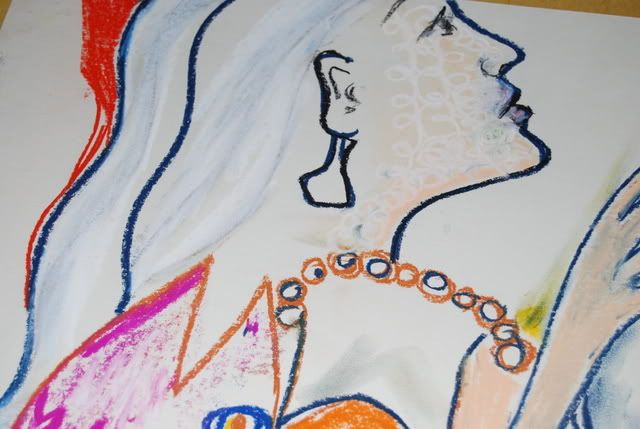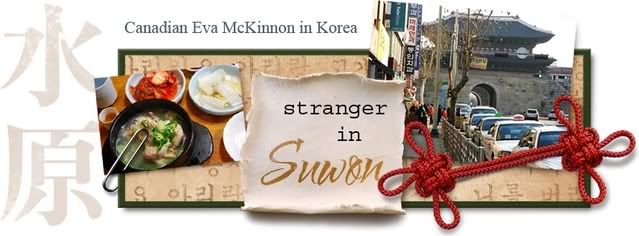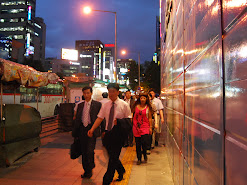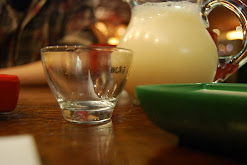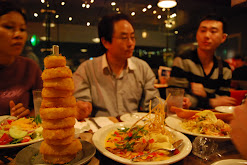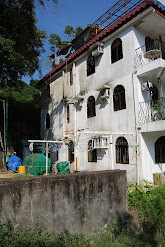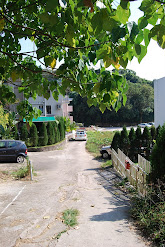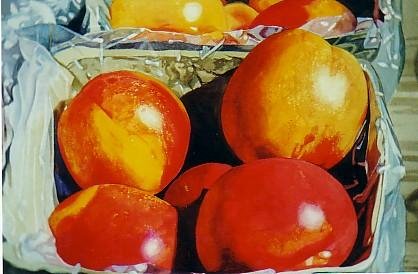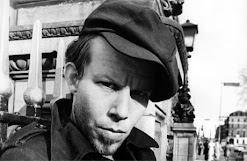Stars in Korea
A fun way to kill time in a waiting room, maybe, but serious escapism.
The well known American actors in Korea, apart from Tom Cruise and Brad Pitt, are spokespersons for high end clothing lines. Gweneth Paltrow and Kirstin Dunst are the models for Bean Pole and Thursday Island.
Teenage girls in my classes talk about Korean pop stars: pretty boys, but are generally uninterested in celebrities. The boys ironically praise figures like Leonardo DiCaprio for being, "so vewy vewy handsome," but know nothing about female celebrities.
There are American reality shows in Korea but you'll rarely see a tabloid magazine, unless it's imported for expatriates who need their fix, and will pay $15 USD to get it.
Are there Korean celebrities? Of course. The film industry is huge, but thing about Korean movies is how familiar everything looks. You're constantly going, "hey, look!" because you've been to that bakery, or shopped at that shoe store.
40% of the Korean population lives in the Seoul metropolitan area, so Korean movies have a sense of intimacy. How godly can the celebrities be if they frequent the same Starbucks and basically live the same life as you-- only wealthier. I mean, heck, they probably even have to use squat toilets once in a while.
